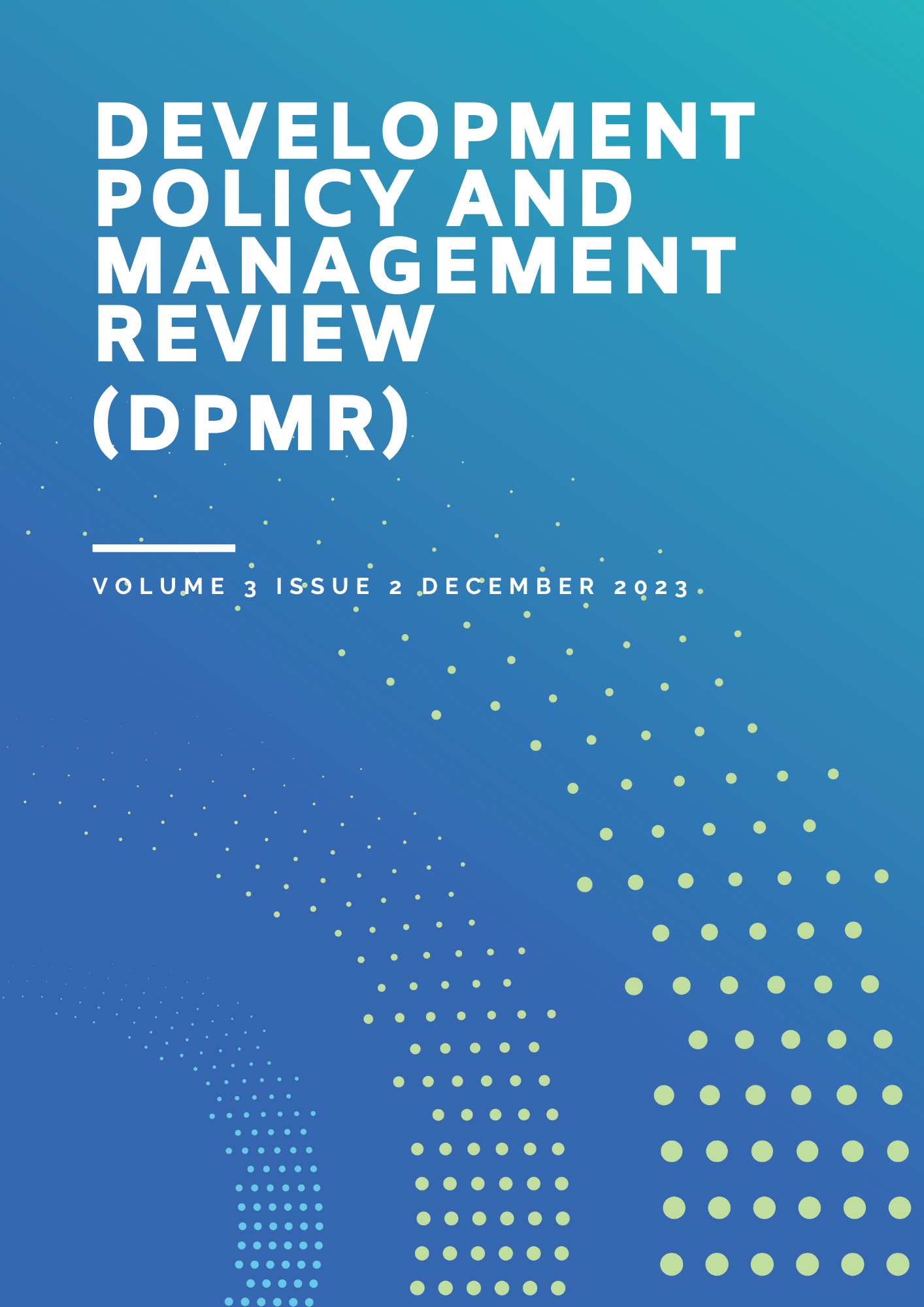Sounding Development: Examining The Influence of Huguka Radio on Rwanda's Socio-Economic Landscape
DOI:
https://doi.org/10.61731/dpmr.v3i2.32215Abstract
This study examined Huguka Radio in Muhanga District in Rwanda to see how radio contributes to socio-economic development. It helped identify Huguka Radio's socio-economic benefits and problems. This research also helped the researcher graduate in Masters in Development Studies. The campaign targeted 250 Huguka Radio listeners, journalists, managers, government officials, civil society organizations (CSOs), and media advocates. Slovin's formula determined a sample size of 75 applicants using purposive or judgmental sampling and simple random sampling. Surveys and interviews were utilised to obtain data from Huguka Radio listeners, staff, government officials, civil society organisations, and media advocates. After discussing the research instruments with the supervisor, the researcher confirmed that the questions and substance were valid. To assess reliability, respondents' answers were tested again. Using percentages and frequencies, SPSS descriptive statistics analysed quantitative data. To analyse qualitative data, content analysis was performed. The poll found that 95.2% of respondents thought that radio helps Rwanda's economy, while 92.1% said Huguka Radio does. In particular, 93.3% of respondents believed Huguka Radio promotes agriculture and farming, 94.9 % human rights, and 84.7 % health. The research also revealed that Huguka Radio promotes socio-economic development through rural forums, accessible language, and community debates. Due to financial constraints, Huguka Radio struggled to promote socioeconomic development. Some respondents noted that this issue limits equipment, professional journalists to work on contract, radio journalists' consistency, and time and area to reach people, especially in rural areas where many Rwandans live. Huguka Radio should collaborate with other broadcasters and keep engaging socio-economic development partners. After this investigation, the researcher suggested other research subjects, including Financial inability of radio and socio-economic growth in Rwanda; and cooperation with government institutions.
Downloads
Published
Issue
Section
Accepted 2024-01-19
Published 2024-02-19

